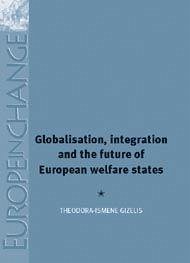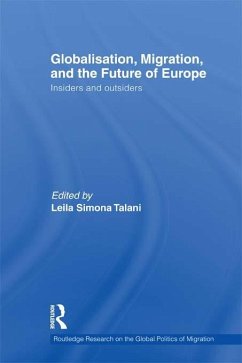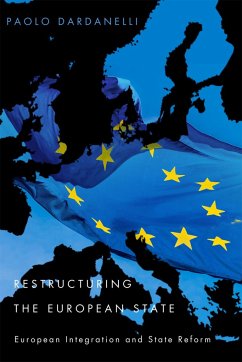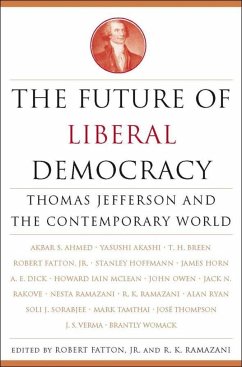
Globalisation, Integration and the Future of European Welfare States
Versandkostenfrei!
Nicht lieferbar
This book argues that the welfare state cannot be understood purely as a set of social policy arrangements, but must be seen as a political institution, intended to achieve certain political objectives. The political dimension of the welfare state is essential for understanding its initial emergence as well as assessing its ability to deal with contemporary challenges. Governments use welfare transfers to decrease the risk of political instability that may be politically disruptive and threaten to undermine social cohesion. The success of welfare institutions stems from their ability to foster...
This book argues that the welfare state cannot be understood purely as a set of social policy arrangements, but must be seen as a political institution, intended to achieve certain political objectives. The political dimension of the welfare state is essential for understanding its initial emergence as well as assessing its ability to deal with contemporary challenges. Governments use welfare transfers to decrease the risk of political instability that may be politically disruptive and threaten to undermine social cohesion. The success of welfare institutions stems from their ability to foster a redistribution of resources and political consensus that has enabled long-term political stability and economic development. The book develops a general model that looks at the interactive effects between welfare transfers, political instability and state capacity. It provides a unique theoretical contribution to the study of welfare spending in the context of globalisation and integration, analyses the key politial rationale for welfare programmes, namely their role in preserving social cohesion and governance and demonstrates clearly that welfare policies can be successfully adopted to meet new challenges and that retrenchment of the welfare state is not inevitable, using Scandinavia as a leading example of modern thinking policies.













